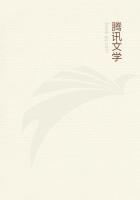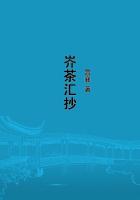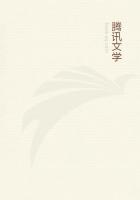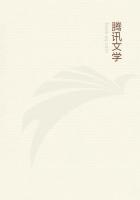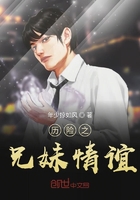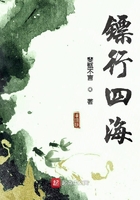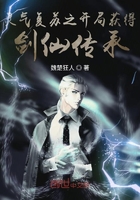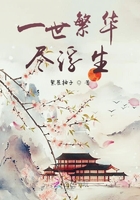Dryden's discourses upon Satire and Epic Poetry belong to the latter years of his life, and represent maturer thought than is to be found in his "Essay of Dramatic Poesie." That essay, published in 1667, draws its chief interest from the time when it was written. A Dutch fleet was at the mouth of the Thames. Dryden represents himself taking a boat down the river with three friends, one of them his brother-in-law Sir Robert Howard, another Sir Charles Sedley, and another Charles Sackville Lord Buckhurst to whom, as Earl of Dorset, the "Discourse of Satire" is inscribed. They go down the river to hear the guns at sea, and judge by the sound whether the Dutch fleet be advancing or retreating. On the way they talk of the plague of Odes that will follow an English victory; their talk of verse proceeds to plays, with particular attention to a question that had been specially argued before the public between Dryden and his brother-in-law Sir Robert Howard. The question touched the use of blank verse in the drama. Dryden had decided against it as a worthless measure, and the chief feature of the Essay, which was written in dialogue, was its support of Dryden's argument. But in that year (1667) "Paradise Lost" was published, and Milton's blank verse was the death of Dryden's theories. After a few years Dryden recanted his error. The "Essay of Dramatic Poesie" is interesting as a setting forth in 1667 of mistaken critical opinions which were at that time in the ascendant, but had not very long to live.
Dryden always wrote good masculine prose, and all his critical essays are good reading as pieces of English. His "Essay of Dramatic Poesie" is good reading as illustrative of the weakness of our literature in the days of the influence of France after the Restoration. The essays on Satire and on Epic Poetry represent also the influence of the French critical school, but represent it in a larger way, with indications of its strength as well as of its weakness. They represent also Dryden himself with a riper mind covering a larger field of thought, and showing abundantly the strength and independence of his own critical judgment, while he cites familiarly and frequently the critics, little remembered and less cared for now, who then passed for the arbiters of taste.
If English literature were really taught in schools, and the eldest boys had received training that brought them in their last school-year to a knowledge of the changes of intellectual fashion that set their outward mark upon successive periods, there is no prose writing of Dryden that could be used by a teacher more instructively than these Discourses on Satire and on Epic Poetry. They illustrate abundantly both Dryden and his time, and give continuous occasion for discussion of first principles, whether in disagreement or agreement with the text. Dryden was on his own ground as a critic of satire; and the ideal of an epic that the times, and perhaps also the different bent of his own genius, would not allow him to work out, at least finds such expression as might be expected from a man who had high aspirations, and whose place, in times unfavourable to his highest aims, was still among the master-poets of the world.
The Discourse on Satire was prefixed to a translation of the satires of Juvenal and Persius, and is dated the 18th of August, 1692, when the poet's age was sixty-one. In translating Juvenal, Dryden was helped by his sons Charles and John. William Congreve translated one satire; other translations were by Nahum Tate and George Stepney. Time modern reader of the introductory discourse has first to pass through the unmeasured compliments to the Earl of Dorset, which represent a real esteem and gratitude in the extravagant terms then proper to the art of dedication. We get to the free sea over a slimy shore. We must remember that Charles the Second upon his death was praised by Charles Montague, who knew his faults, as "the best good man that ever filled a throne," and compared to God Himself at the end of the first paragraph of Montague's poem. But when we are clear of the conventional unmeasured flatteries, and Dryden lingers among epic poets on his way to the satirists, there is equal interest in the mistaken criticisms, in the aspirations that are blended with them, and in the occasional touches of the poet's personality in quiet references to his critics. The comparisons between Horace and Juvenal in this discourse, and much of the criticism on Virgil in the discourse on epic poetry, are the utterances of a poet upon poets, and full of right suggestions from an artist's mind. The second discourse was prefixed in 1697--three years before Dryden's death--to his translation of the AEneid.
H. M.

